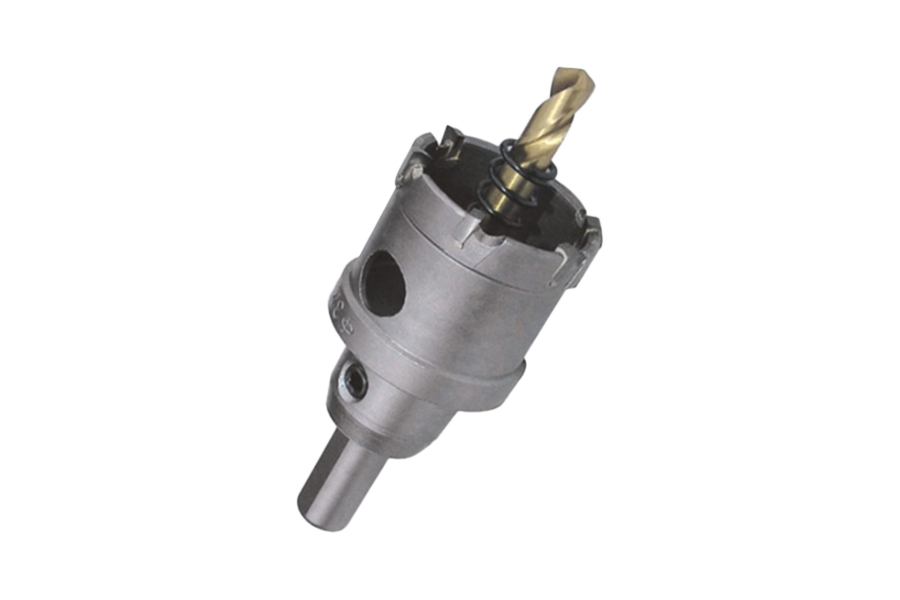Consider the Material You're Cutting
The first step in choosing a TCT hole saw is understanding the material you'll be cutting. Different TCT hole saws are designed for specific applications, and using the wrong type can lead to suboptimal performance or damage to the tool. For instance, TCT hole saws designed for metalworking are typically built with deeper teeth for smoother cuts through tough metals like stainless steel. Conversely, those meant for wood cutting may have fewer teeth and a more aggressive design to quickly clear material as they cut.
Match the Hole Saw Size to Your Needs
TCT hole saws come in a wide range of sizes, so choosing the right diameter for your project is essential. From small 22mm hole saws for delicate electrical work to large 100mm models for industrial pipe fittings, the size of the hole saw will depend on the application at hand. Ensure that the hole saw is compatible with the material thickness and the size of the hole you intend to create. Using an oversized hole saw for a small hole can lead to material waste and an unnecessarily large cut.

Choose the Right Arbor and Mandrel
The arbor is the component that attaches the hole saw to the drill. It's important to choose an arbor that fits both your TCT hole saw and the drill you're using. For larger hole saws, a mandrel with a quick-release feature can help you swap between different sizes more easily. Additionally, if you’re working on a deep hole, consider a longer mandrel or arbor to ensure the hole saw can fully penetrate the material.
Pay Attention to the Tooth Configuration
The tooth configuration of a TCT hole saw is another important factor to consider. There are two primary types of teeth: bi-metal and carbide tipped. TCT hole saws use tungsten carbide for the cutting edge, which is ideal for heavy-duty applications. Depending on your material, a particular tooth configuration may be more effective. For example, when cutting through thicker metals or concrete, a TCT hole saw with a coarser tooth design will help clear material more efficiently. For wood and softer materials, a finer tooth design may reduce the risk of chipping.
Durability and Brand Quality
TCT hole saws are available from various manufacturers, and the quality can vary significantly. Opt for trusted brands that are known for their durability and consistent performance. While TCT hole saws are generally more expensive than regular steel hole saws, investing in a high-quality brand ensures longevity and a better overall finish. Quality hole saws are often backed by warranties, providing peace of mind for professionals and DIY users alike.


 English
English
 中文简体
中文简体
 Español
Español
 عربى
عربى












